How to Evaluate Yang Hansen in Summer League
The Portland Trail Blazers will begin their 2025 NBA Summer League schedule tomorrow evening with a tilt against the Golden State Warriors in Las Vegas. Our draft and development expert Steve Dewald has already penned a primer on things to watch as Portland’s tournament opens. That includes, of course, the debut of the Blazers’ only draft pick this year, center Yang Hansen. The new pivot is on the radar of every Portland fan and will be under the microscope for a national audience as well, given the surprisingly high position in which Portland picked him back in June.
As you anticipate Yang’s arrival, it’s going to be helpful to keep a couple things in mind.
The rule for most players is that you can’t play yourself into the NBA through Summer League alone; you can only play yourself out. It’s the opposite for Yang. Nothing he does this summer is going to affect his trajectory negatively. This is an introduction to the league, an exercise in acclimation. Anything he shows to the positive is a good sign: any skill, any play, even his physical stature next to other players. Yang cannot play himself out of his height, his center position, or his projected status as a rookie under construction. He can only exceed expectations. Anything else just indicates a work in progress, which is fine.
This is important to remember for several reasons.
Centers Don’t Shine
Summer League is not always kind to centers. Vegas stars are almost always guards with quick (or at least tricky) lateral movement, great handles, and multi-level scoring ability. Think Nate Robinson, Jamal Crawford, or Lou Williams for classic examples, Cam Thomas as a more recent example. The reasons are simple. The ball starts in the hands of these players. Their first priority is to show their stuff, which they do…exhaustively. Even when they’re inclined to be more charitable, every pass or complex play introduces the possibility of error. That’s true in regular season games too, but teams are tight so the errors are few. A cobbled-together summer squad made up of fringe players will dead-end—or flat-out blow—tons of plays. Under those circumstances, it’s easier for the scorer to just score. If the seven-footer gets reduced to rebounding and clogging the middle without ever touching the ball on offense, so be it.
Team Play Requires a Team
Part of Yang’s giftedness stems from his team play: passing on offense and helping defensively. He wasn’t drafted to be an instant superstar, but a continuity player.
On defense, Summer League centers often end up “helping” by getting put on the spot, trying to cover on the interior for the mistakes of their inexperienced perimeter teammates. That leads to eating fouls and dunks more than blocked shots and defensive highlights. Five shots and five fouls is not an uncommon stat line for the guy who gets left holding the bag, especially early in the tournament.
On offense, Yang’s passing will go to waste if he doesn’t have anyone to pass to. This could be a problem on an average Summer League team. (See above, re: broken plays and guard possessions.) It’s likely to be a huge issue on a team where the next most accomplished player is—checking notes: Rayan Rupert. One of Yang’s main assets may end up not spending during this run.
Yang Hansen is about to find out what it’s like to be a team player when there’s no actual team around him. If that doesn’t end up looking pretty, it’s not his fault. We need to leave open the possibility that this year’s Summer League team will surprise us with their continuity and skill. If not, it’s not exactly a shock and it says little or nothing about Yang.
Wearing the Bullseye
Speaking of, opposing teams can read the roster sheet as well as we can. The first-round pick of any squad is going to get a ton of defensive attention in Vegas. Portland’s opponents will have nobody else to pay attention to but Yang. That’s going to make life harder for the international center.
If Yang looks good over the next two weeks, it’s a serious bonus. If he doesn’t, keep in mind that he’s never going to play under these conditions again outside of Las Vegas. Having Scoot Henderson, Jrue Holiday, Jerami Grant, and Deni Avdija on the floor alongside will likely make his task list smaller, defense against him lighter, and the game easier for him.
Beware Media Reaction
Here’s the kicker: beware the media and/or fan reaction after Game 1 if Yang doesn’t look like a star. He was the most shocking pick in years, surprising and grabbing the attention of national pundits and fans. To the extent people watch Portland versus Golden State, they’ll be watching for Yang.
Those observers will be ready to fete Portland and anoint Yang the next big thing if he has a breakout performance. But if he looks ordinary, let alone bad, they’re immediately going to declare the Blazers fools and the pick wasted. That will happen regardless of context or nuance. It’s just the way the hype and PR system works.
One Summer League game is not enough to determine whether Yang is great or awful. It’s just a game, under strange—and maybe adverse—circumstances at that. Don’t watch in order to make a final pronouncement on Yang’s fate in the NBA. Watch the micro-moments instead.
What to Watch For
Having gone over the potential pitfalls, here are the things you might actually want to watch for.
- Determine what Yang’s assignment looks like. Where is he on the floor defensively? Are the Blazers keeping him close to the rim? Then watch his side-to-side speed across the key as he recognizes the need to help, his ability to box out and secure rebounds, and whether he causes opponents to alter their shots whether or not he actually blocks them. Is he out on the floor in pick-and-roll coverage or helping? Then watch how quickly he can move forward and back, getting out to the arc and recovering. Watch how he reads and reacts to screens, whether he stands still against picks or is in motion, and whether he can shadow a player into the lane without getting lost or burned. Also watch how quickly he can close out and recover if he’s ever pressed into stopping a shooter. Does he just make one move on defense or is he able to make consecutive ones?
- How quickly and easily is he getting from rim to rim in transition, especially on defense? Is he always the last player down the floor or is he in the thick of plays?
- Is he playing defense with his feet first, getting into position and then using his arms, or is he reaching and depending on his long wingspan to give him an advantage? (The latter works in a lot of leagues but in the NBA it generally won’t.)
- When he catches the ball, how quickly is he able to get it in a position where he can control it? How ready does he look to make the next move: get a shot up, go into a footwork series, or make the next pass? Can you count seconds between the catch and whatever comes next or does it look fairly fast and effortless?
- If he is moving or spinning with the ball, how compact and efficient is his footwork? Is he able to get down and use his body as leverage to move an opponent back? How fluid does his release look at the end of the move, whether or not the shot goes in?
- If he gets to shoot a face-up jumper, how good does his form look and is the release reasonably quick?
- Watch how opponents react to him. Do they begin shying away when he’s in the vicinity or are they going right into him and scoring already? Similarly, are opposing bigs having to work hard to rebound against him or are they just bumping him out of the way and grabbing the board?
- If he plays bigger minutes, is he looking as fresh in the second half as he did in the first or is he fatiguing and slowing down as the game progresses?
You can watch all these things whether Yang scores 18 with 10 rebounds in 28 minutes or 5 with 5 plus 5 fouls in 12 minutes. In Summer League the stats don’t matter as much as the details.
The Schedule
Here is the Summer League Schedule for the Blazers with times and broadcast networks:
July 11th—Golden State Warriors, 8:00 PM, ESPN2
July 12th—Memphis Grizzlies, 7:30 PM, ESPN 2
July 15th—New Orleans Pelicans, 7:00PM, ESPN
July 17th—-Houston Rockets, 5:00 PM, NBATV
A fifth game will be announced when tournament results are complete for all 30 teams after the first four games.
You can find the complete Summer League schedule here.
Share this content:
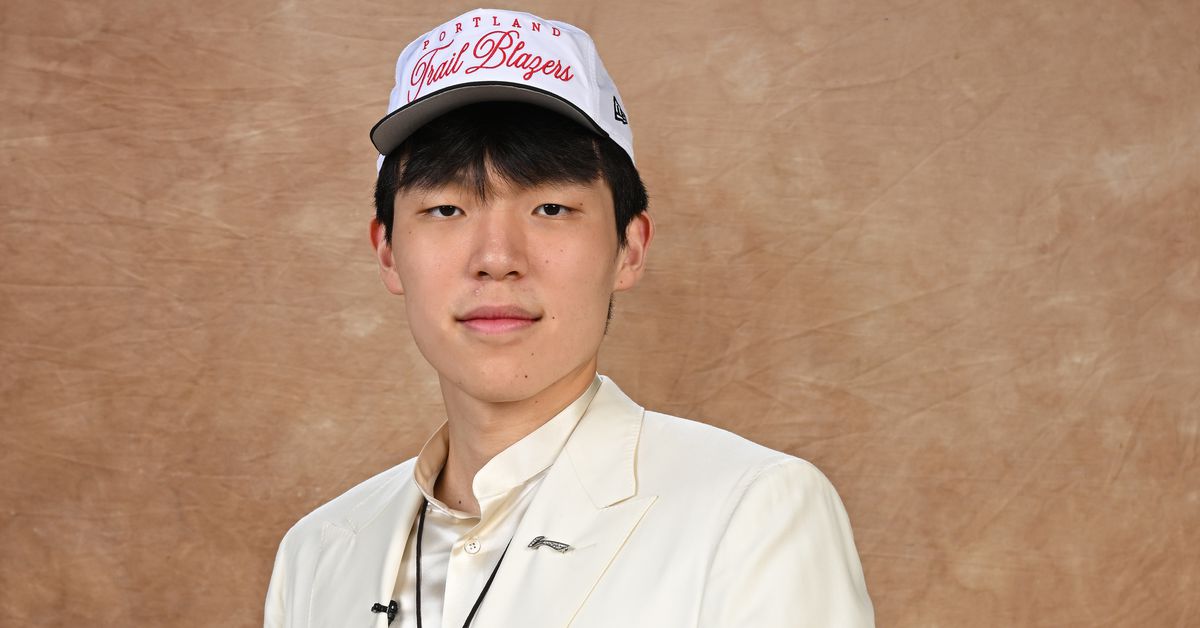

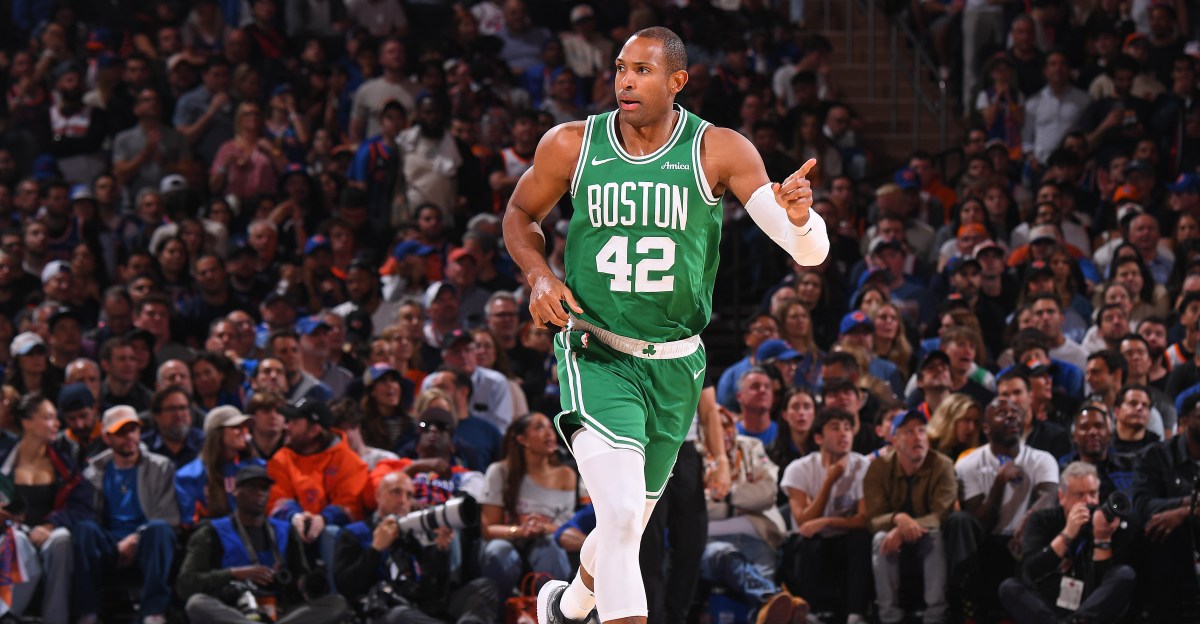

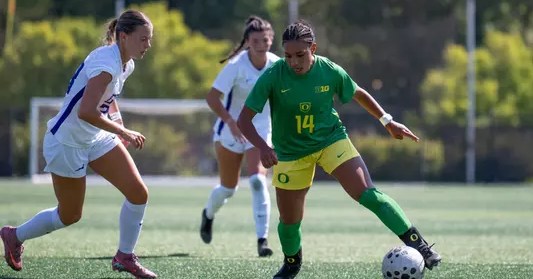




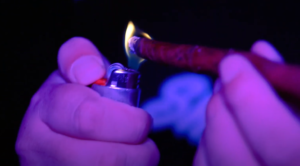
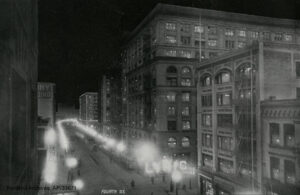



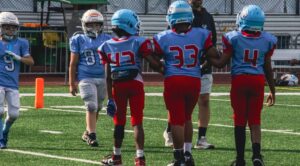
Post Comment